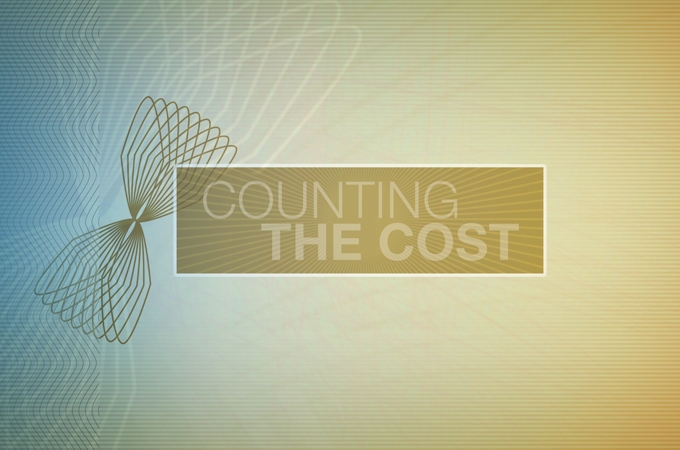
Europe’s long road to recovery
Eurozone countries are finally emerging from recession, but have lessons been learned from the economic crisis?
On this episode of Counting the Cost we are revisiting something we surprisingly have not focused on so much this year: Europe. Europe has been the economic story for years. But it is only now, at the end of 2013 that we are starting to see some changes.
Greece expects to emerge from a six-year recession in 2014 and Ireland has just exited its bailout. There are also some nations queueing up to join the eurozone. That might leave one to assume the eurozone is turning a corner.
Certainly the markets have calmed down since the president of the European Central Bank, Mario Draghi, pledged to do “whatever it takes” to safeguard the eurozone – a process that meant lending billions of euros to overstretched banks.
But can a crisis really be over when 12 percent of the labour force is without a job and when youth unemployment is reaching more than 50 percent in Greece and Spain? And have lessons been learned from the crisis?
We speak to Marie Diron, a senior economic advisor to the Ernst & Young eurozone forecast and also the director for macro forecasting at Oxford Economics as she shares her thoughts on the state of Europe’s fiscal health.
Bitcoin hits India
Cash is king in India. Despite a rise in the popularity of credit cards and online payments, most transaction still take place with banknotes.
“Businesses are linked, different countries, different states, and we’re very global at the moment. And I think we need a currency which keeps up with that,” says Ambrose.
She is trying to raise awareness of digital currencies by hosting the country’s first Bitcoin conference – and that involves drawing people into the advantages of using Bitcoin, by getting individuals accustomed to them.
India is still mostly a cash-based society. The government keeps strict limits on how much money a person can take out or bring into the country. But with Bitcoin – all people have to do is download the currency onto a computer or a smartphone, slip it in their pocket, board a plane and leave the country with potentially millions of dollars, completely untraceable.
And that is raising concerns.
Those concerns are one of the reason organisers are conferencing and have invited people from the government and the financial sector, so they too can better understand the potential of Bitcoin in India. As wealth plays an important part a culture that has its own goddess, some want to see the future of that wealth shifting – from the physical, to the digital.
Silicone start-ups
|
|
| Michael Jackson on what other tech startups Mangrove Capital Partners are investing in |
Entrepreneurs and start-ups – the types who try to buck the trend during recessionary times and make things happen regardless.
How does one pick a winner?
We speak to someone who has. Michael Jackson is the owner of a little company called Skype, and he joins us from Luxembourg.
Jackson is with Mangrove Capital Partners which invests in tech start-ups and he discusses the growth of Europe’s technology industry.
He also explains to Counting the Cost what other tech start-ups Mangrove Capital Partners is investing in next.
Watch each week at the following times GMT: Friday: 2230; Saturday: 0930; Sunday: 0330; Monday: 1630. Click here for more Counting the Cost. Follow Kamahl Santamaria @KamahlAJE and business editor Abid Ali @abidoliverali |
